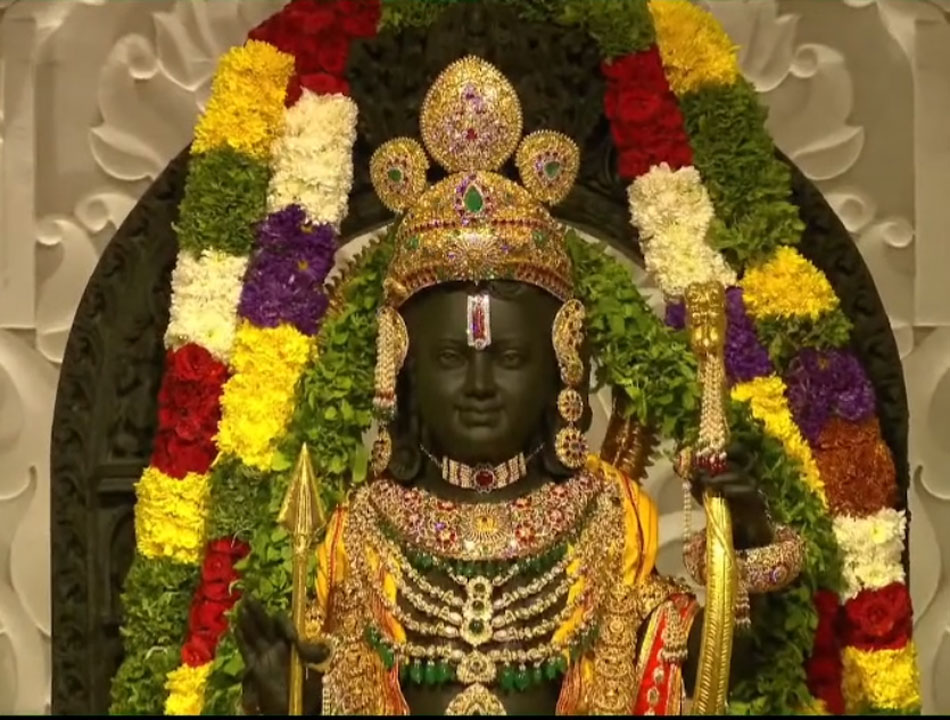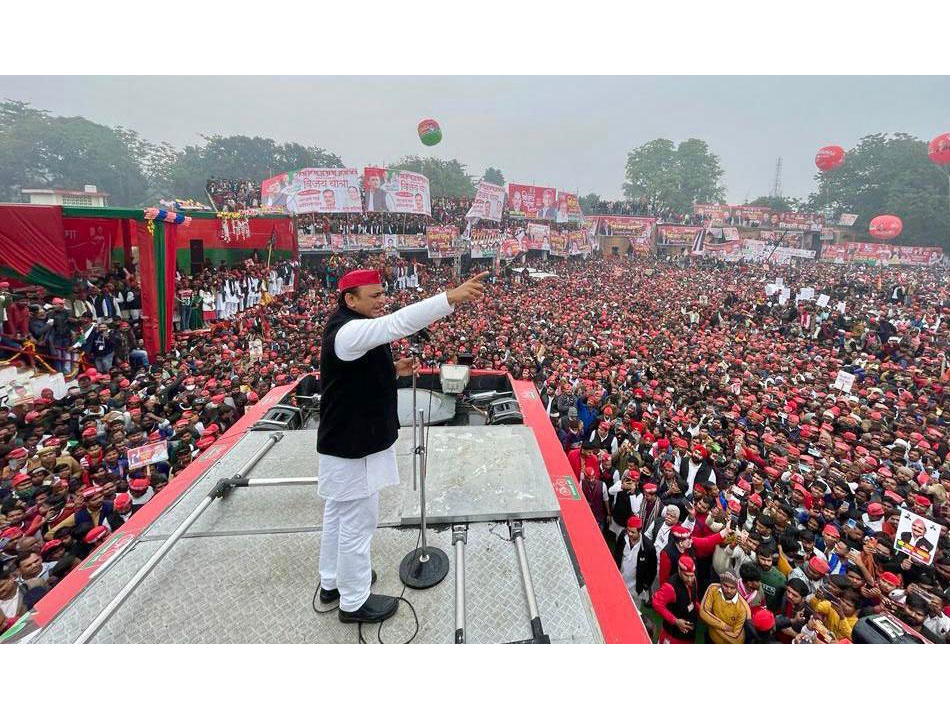
In the Delhi High Court, the Centre defended the legality of its new IT rule requiring messaging apps like WhatsApp to "trace" the first originator of information, claiming that the law empowers it to expect such entities to create a safe cyberspace and combat illegal content either on their own or with the help of law enforcement agencies.
The Centre defended the legality of its new IT rule requiring messaging apps like WhatsApp to "trace" the first originator of information in the Delhi High Court, claiming that the law empowers it to expect such entities to create safe cyberspace and combat illegal content either themselves or by assisting law enforcement agencies.
According to the Centre, Section 87 of the Information Technology Act gave it the authority to draught Rule 4(2) of the Intermediary Rules, which requires a significant social media intermediary to enable the identification of the first source of information in the "legitimate state interest" of combating fake news and crimes against women and children.
The Centre claims that platforms that "monetise users' information for business/commercial purposes are not legally entitled to claim that it protects privacy" in an affidavit filed in response to WhatsApp's challenge to the rule because breaking the encryption invades its users' privacy.
“Petitioners (WhatsApp and Facebook), being multi-billion dollar enterprises, almost singularly based on mining, owning and storing the private data of natural persons across the world and thereafter monetising the same, cannot claim any representative privacy right on behalf of the natural persons using the platform,” said the affidavit filed by Ministry of Electronics and Information Technology.
“WhatsApp collects users' personal information and shares it with Facebook and third-party entities for business/commercial purposes (WhatsApp's privacy policy of 2016 and its 2021 update). The regulators of various countries dearly hold that Facebook should be fixed with accountability for its services and data management practices,” it added.
The Centre stated that technical difficulties cannot be used as an excuse to refuse to comply with the law of the land and that if a platform cannot trace the "first originator" without breaking encryption, it is the platform's responsibility to "develop such mechanism" in the larger public interest.
The Centre said “if the intermediary is not able to prevent or detect the criminal activities happening on its platform, then the problem lies in the platform's architecture and the platform must rectify their architecture and not expect the change of legislation. Reasons regarding technical difficulties cannot be an excuse to refuse compliance to the law of the land.”
In August, a bench led by Chief Justice DN Patel requested the Centre's response to a WhatsApp petition alleging that the new regulation breaches the right to privacy and is thus unconstitutional. The rule has also been challenged by WhatsApp's parent firm, Facebook.
WhatsApp said in its appeal that the traceability requirement compelled it to "break end-to-end encryption," infringing on the basic rights to privacy and free speech of the hundreds of millions of people who use the network to communicate safely and securely.
There are checks and balances in place, according to the Centre, to ensure that the regulation isn't abused or applied when other, less intrusive methods are more successful in identifying the information's origins.
According to the statement, the identification of the original creator is limited to viral information linked to heinous crimes, as defined by the regulation, and does not include all users or citizens.
“If the IT Rules 2021 are not implemented the law enforcement agencies will have difficulty in tracing the origin of fake messages and such messages will percolate in other platforms thereby disturbing peace and harmony in the society further leading to public order issues,” the affidavit said.
The central government was also told by the Supreme Court to "take all necessary means to identify those who develop and spread electronic material" regarding specific crimes such as sexual abuse.









